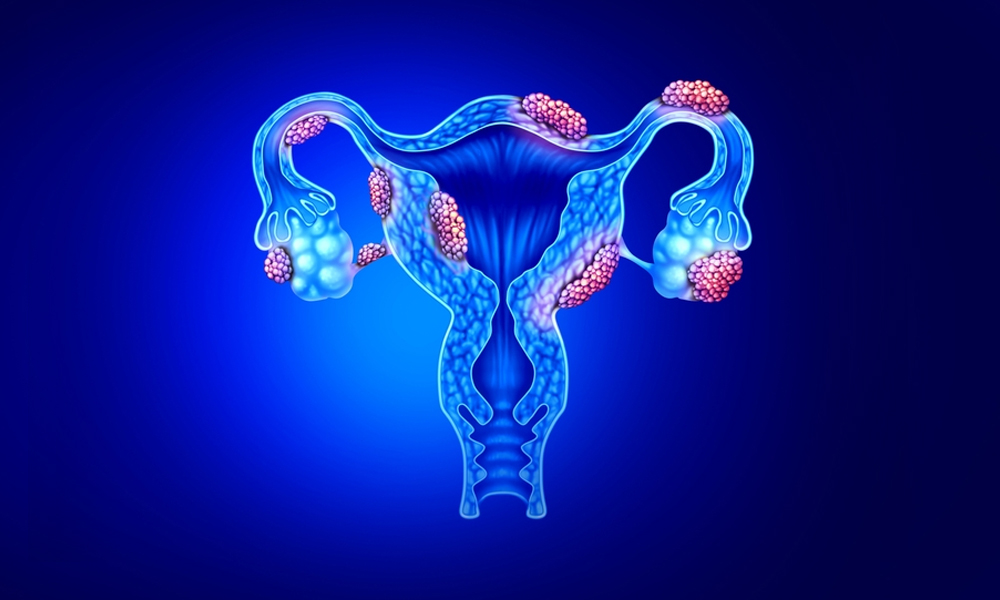-
 Toll Free No 9146-744-744
Toll Free No 9146-744-744 - Appointment
Infertility occurs due to disorders in body functions, systems, or organs of the female & male reproductive tracts that prevent the conception of a child or the ability to carry a pregnancy to delivery. About 85% of couples achieve pregnancy within one year with the greatest likelihood of conception occurring during the earlier months. Approximately, 7% of couples will conceive in the second year.
As a result infertility can be termed as the inability to conceive within 12 months. This diagnosis is therefore shared by 15% of couples who want to conceive. Experts generally recommend seeking the help of a reproductive endocrinologist if conception has not occurred within 12 months. However, there are various scenarios where one may be advised to seek help earlier.
Changes in the menstrual cycle and ovulation are the major symptom of infertility. Symptoms include:

Intrauterine insemination (IUI) is a process by which sperm is washed and prepared for placement into the uterine cavity. This bypasses the cervix and bringing a motile sperm closer to the tubes and ovulated eggs.
In vitro means ‘Outside the body’ where eggs are collected and then fertilized by sperm outside the body in an embryology lab.
A doctor may recommend surgery to correct the abnormality. The commonest surgical procedures are Laparoscopy, Hysteroscopy, and abdominal myomectomy (removal of uterine fibroids)
Examining your genitalia and questioning you about any genetic disorders, ongoing health issues, ailments, accidents, or operations that can impair your fertility are part of this process. Additionally, your doctor might inquire about your sexual behaviours and how those changed as you approached puberty.
The sperm are extracted from your semen and taken to a lab where they are counted and examined for problems in their morphology and motility. The lab will also examine your semen for indications of issues including infections.
The increase in luteinizing hormone (LH) that takes place just before ovulation is identified by an at-home, over-the-counter ovulation prediction kit. You can confirm that you're ovulating by having a blood test for the hormone progesterone, which is created after ovulation. Prolactin and other hormone levels may also be tested.
Your uterus is given an X-ray contrast injection, and an X-ray is then taken to look for any abnormalities in the uterine cavity. The test also shows whether the fluid leaks from your fallopian tubes and leaves your uterus.
The quantity and quality of eggs accessible for ovulation are determined by this testing. These blood and imaging tests may be administered to women, particularly those over 35 who are at risk of having their egg supply decreased.


Infertility is treated with conventional therapies like medications or surgical repair of reproductive organs.
A fertility evaluation should begin with a medical history of both the female and male partners. Both partners will then be asked to undergo a physical exam, including a gynecological exam and pelvic ultrasound for the woman.
A semen analysis will be performed on the man, and a hormone screening will be performed on the woman.
A woman may also undergo an evaluation of tubal patency (whether the fallopian tubes are open or blocked) and the uterine cavity.
Infertility can be cured through various fertility treatments including therapies, medications, IUI, and IVF procedures.
In infertile couples where the fallopian tubes are blocked, or absent or where men's sperm low count is low, IVF offers a chance for parenthood to couples. IVF involves combining eggs and sperm outside the body in a laboratory.
The IVF procedure is similar to a vaginal ultrasound or Pap smear test which is not at all painful.
According to the reports, 50% of IVF procedures in women ages 35 and older resulted in a live birth.
It is a simple procedure that puts sperm directly inside your uterus which helps healthy sperm to get closer to the egg
Abnormal sperm production, genetic defects, diabetes, infections, and HIV can cause infertility in males. Enlarged veins in the testes (Varicocele) also can affect the quality of sperm.
Avoid being overweight as excess weight can cause a problem in sperm production. Overcome addictions to alcohol, smoking, and drugs.
The sterilization or contraception, artificial insemination, IVF, IUI, surrogacy, etc. procedures of infertility is not covered under health insurance. Our HospiOne Team will guide you throughout the procedure and scope of treatment.
OUR PROCESS IS EASY contact us for More information.
Copyright © 2023 hospione.com - All Rights Reserved | Developed by Digital Marketing StudioGenix LLP